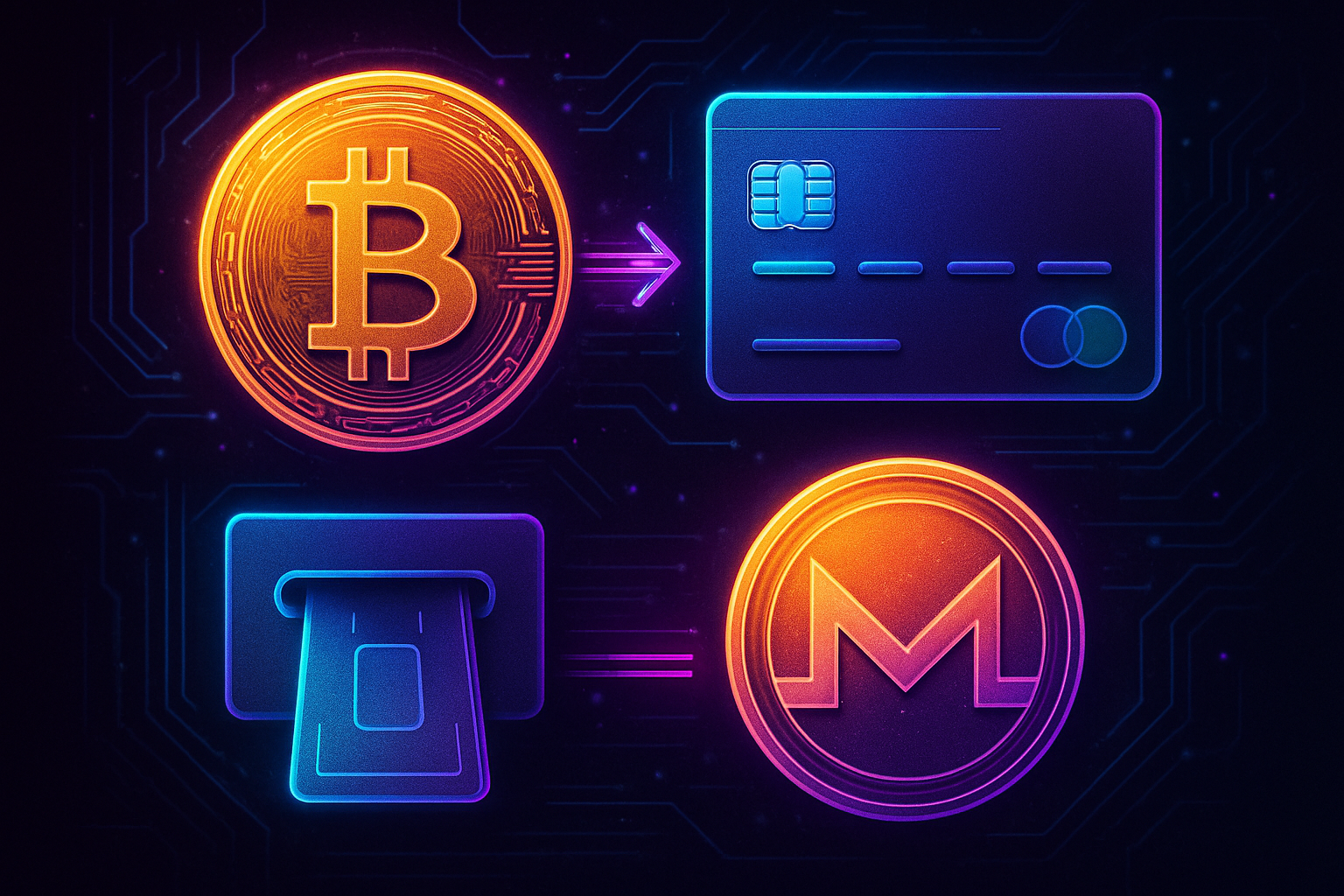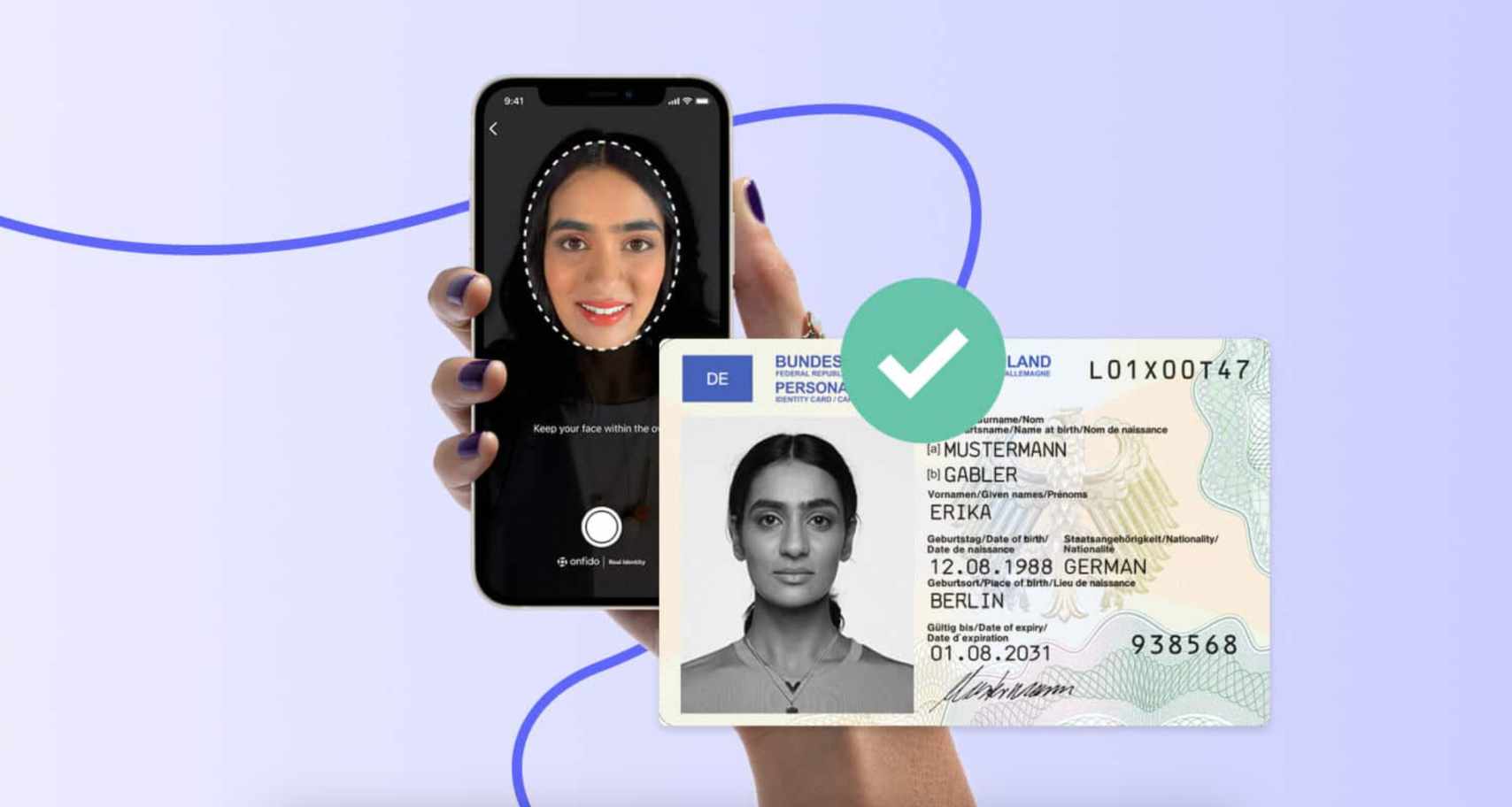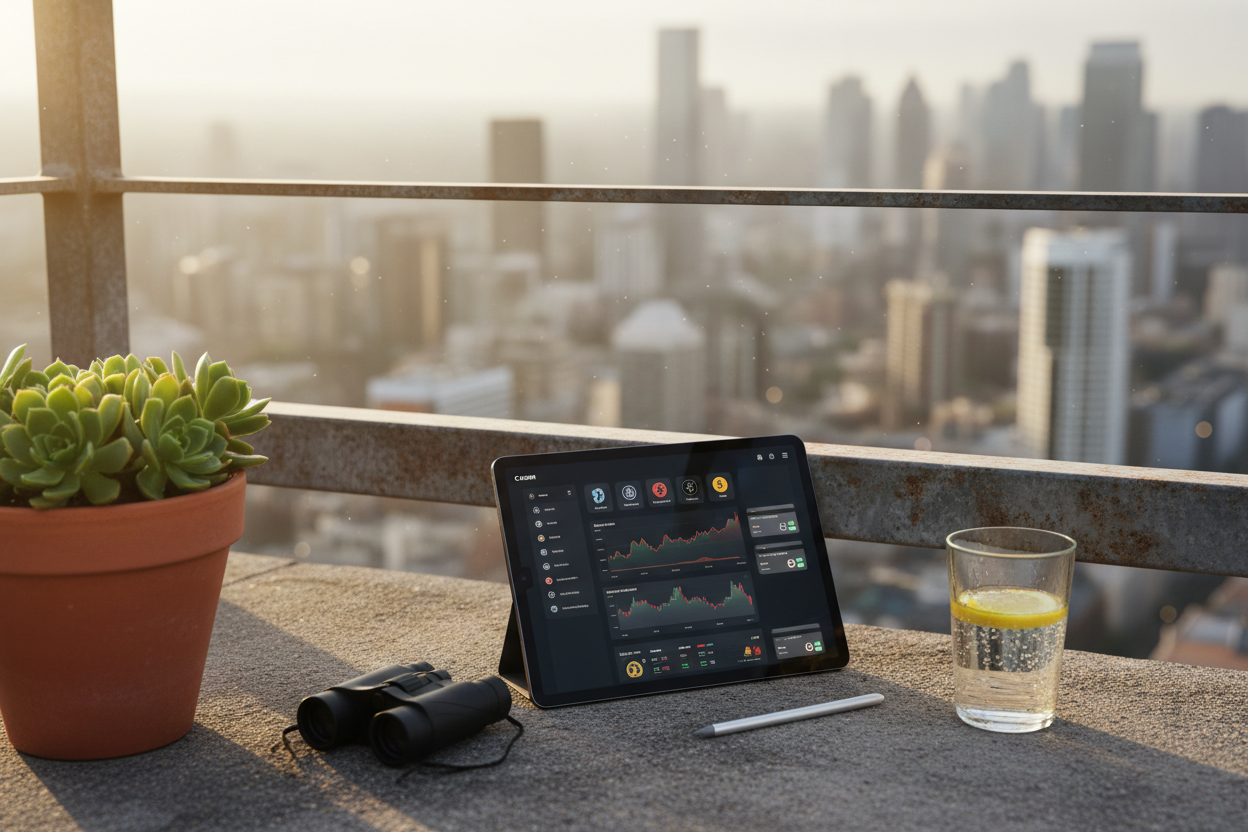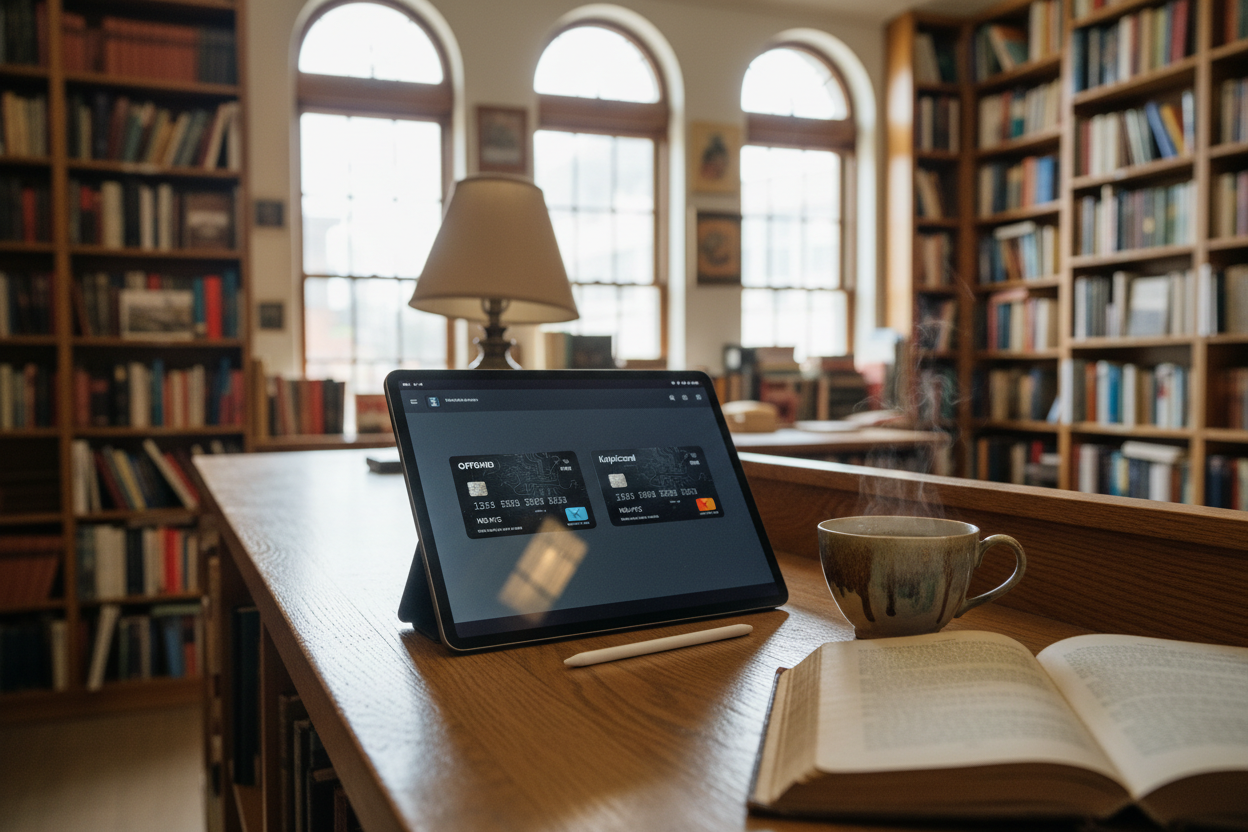
No-KYC crypto credit cards have become a cornerstone for privacy-focused users seeking financial freedom in 2025. Unlike traditional cards, these innovative solutions empower individuals to spend cryptocurrency directly, sidestepping intrusive identity checks. Yet, the true utility of these cards hinges on how easily and privately they can be reloaded. In this guide, we’ll explore the most relevant ways to top up no-KYC crypto cards today, focusing on Bitcoin (BTC) and Monero (XMR): the two leading coins for privacy and ease of use.

Bitcoin (BTC) Reloads: Fast, Private Wallet Transfers
Bitcoin remains the dominant choice for topping up no-KYC crypto credit cards. Most reputable providers, including Yellowdotpay, NoKYCCardy, and PayWithUs, support BTC deposits via direct wallet-to-wallet transfer. This method is straightforward: after logging into your card provider’s dashboard, you generate a unique Bitcoin deposit address. Simply send your desired amount from any non-custodial wallet, no third-party oversight or identification required.
This approach leverages Bitcoin’s robust network and global liquidity. Transactions are typically credited after one or two confirmations, making reloads both fast and reliable. It’s worth noting that while Bitcoin transactions are pseudonymous rather than fully anonymous, using fresh addresses and privacy tools like CoinJoin can further obscure your financial footprint.
Monero (XMR): The Gold Standard for Anonymous Top-Ups
If absolute privacy is your priority, Monero (XMR) stands unrivaled. Select no-KYC card providers, including NoKYCCardy and PayWithUs, now accept XMR for card reloads via anonymous deposit. Monero’s protocol hides both sender and receiver details as well as transaction amounts at the protocol level. This means that when you top up a card with XMR, there is no public blockchain record linking your deposit to your identity or spending history.
The process is similar to topping up with Bitcoin: generate a one-time XMR deposit address through your provider’s dashboard and transfer funds from your personal wallet. Funds are credited once the transaction is confirmed on the Monero network, often within minutes.
BTC vs XMR: Top-Up Methods for No-KYC Crypto Cards
-

Bitcoin (BTC) via direct wallet transfer: Most no-KYC crypto credit cards support topping up with Bitcoin through a straightforward wallet-to-wallet transfer. This method offers broad compatibility, fast reloads, and a balance between convenience and privacy, as no identity verification is required. Popular platforms like Yellowdotpay and NoKYCCardy both accept BTC for card funding.
-

Monero (XMR) via anonymous deposit: Select no-KYC card providers allow Monero (XMR) top-ups, leveraging XMR’s advanced privacy features for fully anonymous funding without identity checks. This method is ideal for users prioritizing transaction confidentiality. Services like NoKYCCardy and PayWithUs support XMR deposits for maximum privacy.
Supported Coins and Methods at Leading No-KYC Card Providers
The landscape of supported coins varies by provider but consistently features BTC and XMR as top choices for private reloads:
- Yellowdotpay: Supports Bitcoin along with Ethereum, Tether, Solana, Tron, Binance Coin, Polygon, and alternative funding like PerfectMoney.
- NoKYCCardy: Accepts Bitcoin (BTC), Monero (XMR), USDT across multiple chains, Ethereum (ETH), Solana (SOL), among others.
- PayWithUs: Enables top-ups with Bitcoin (BTC), Monero (XMR), Ethereum (ETH), Litecoin (LTC), Tron (TRX), Tether (USDT).
This flexibility allows users to tailor their funding approach based on privacy needs and network fees, a crucial consideration as transaction costs fluctuate across blockchains.









